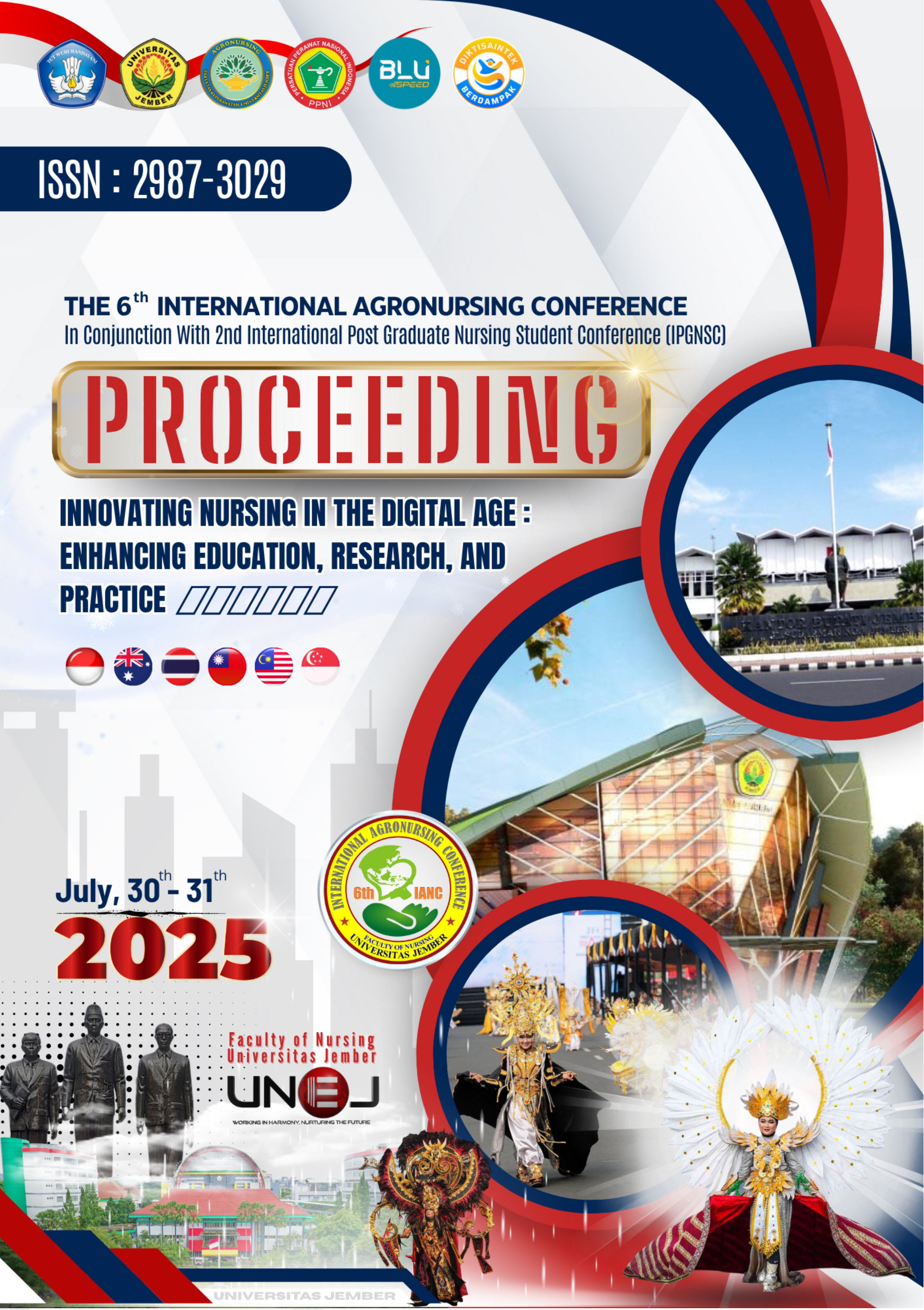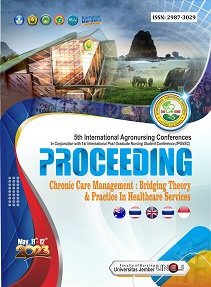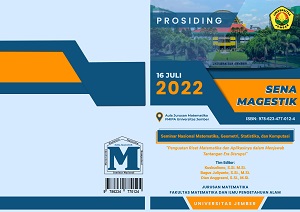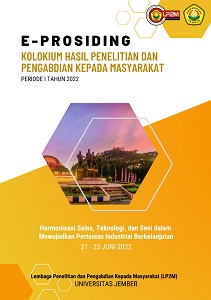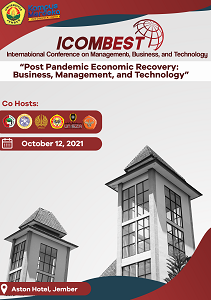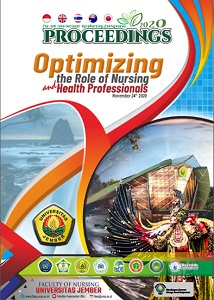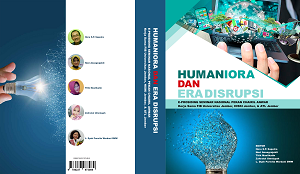APPLICATION VIRGINIA HENDERSON’S THEORY APPROACH ON GASTROCUTANEOUS FISTULA PATIENT : A CASE STUDY
Abstract
Background: Gastrocutaneous fistula (GCF), a rare complication often seen after gastric surgery, connects the stomach to the skin. Managing GCF is challenging due to risks like infection, nutritional deficits, and psychosocial disorders. The Virginia Henderson nursing theory addresses these challenges by focusing on fulfilling 14 basic patient needs to promote independence and accelerate recovery. Methods: This case study illustrates the application of Henderson's theory to a 60-years-old male patient with GCF who experienced acute pain, nutritional deficits, and risk of infection. Nursing interventions included pain management through pharmacological and nonpharmacological techniques, optimization of nutrition with a high-calorie diet and parenteral supplementation, and prevention of infection through strict wound care. Results: Evaluation showed improvement in the patient condition, including decreased pain, improved nutritional status, and prevention of infectious complications. Conclusion: This study confirms that the application of the Virginia Henderson model is effective in managing GCF cases holistically, covering the physiological, psychological, and social aspects of the patient. This approach is expected to be a reference for nursing staff in optimally treating patients with similar condition.

